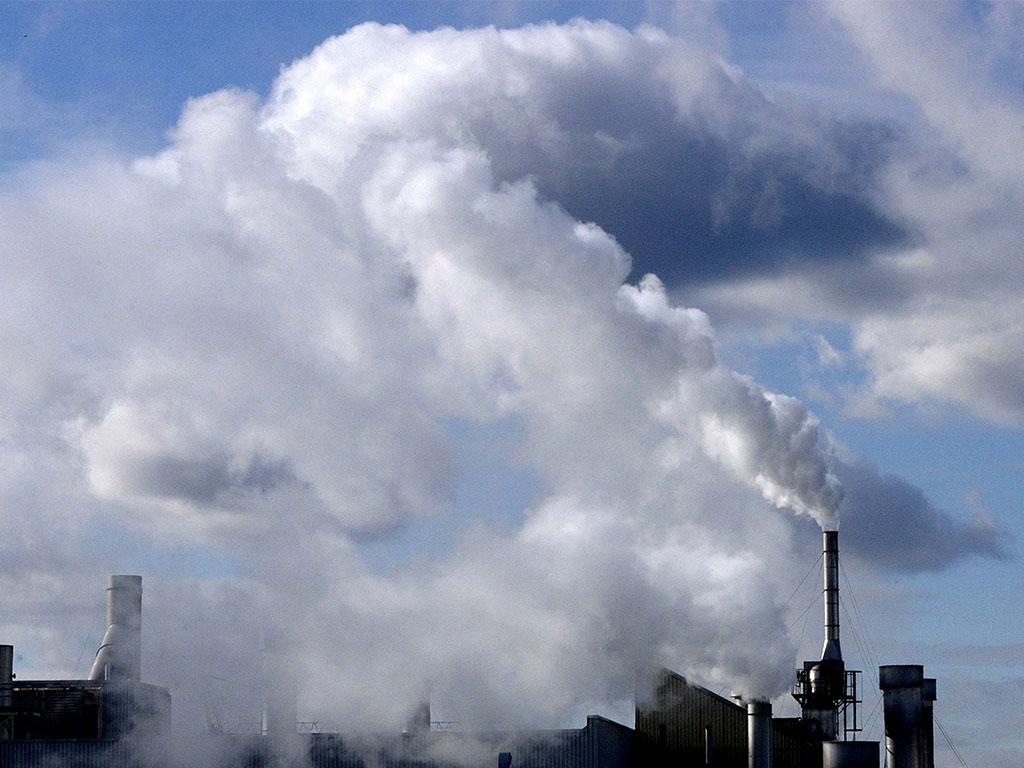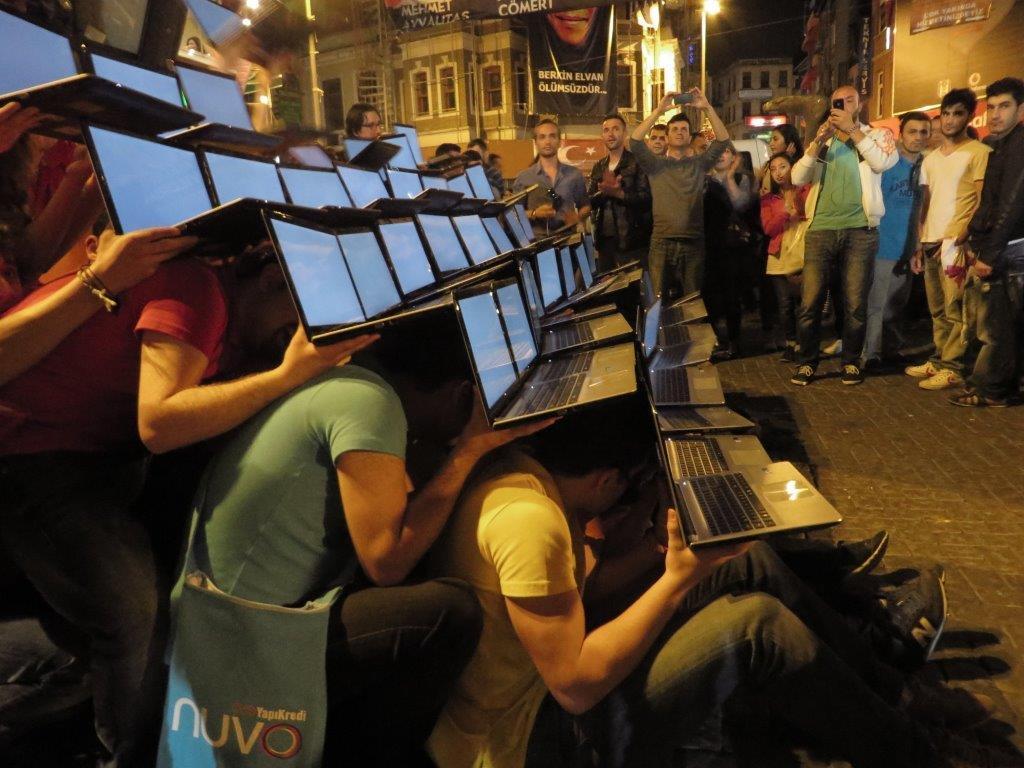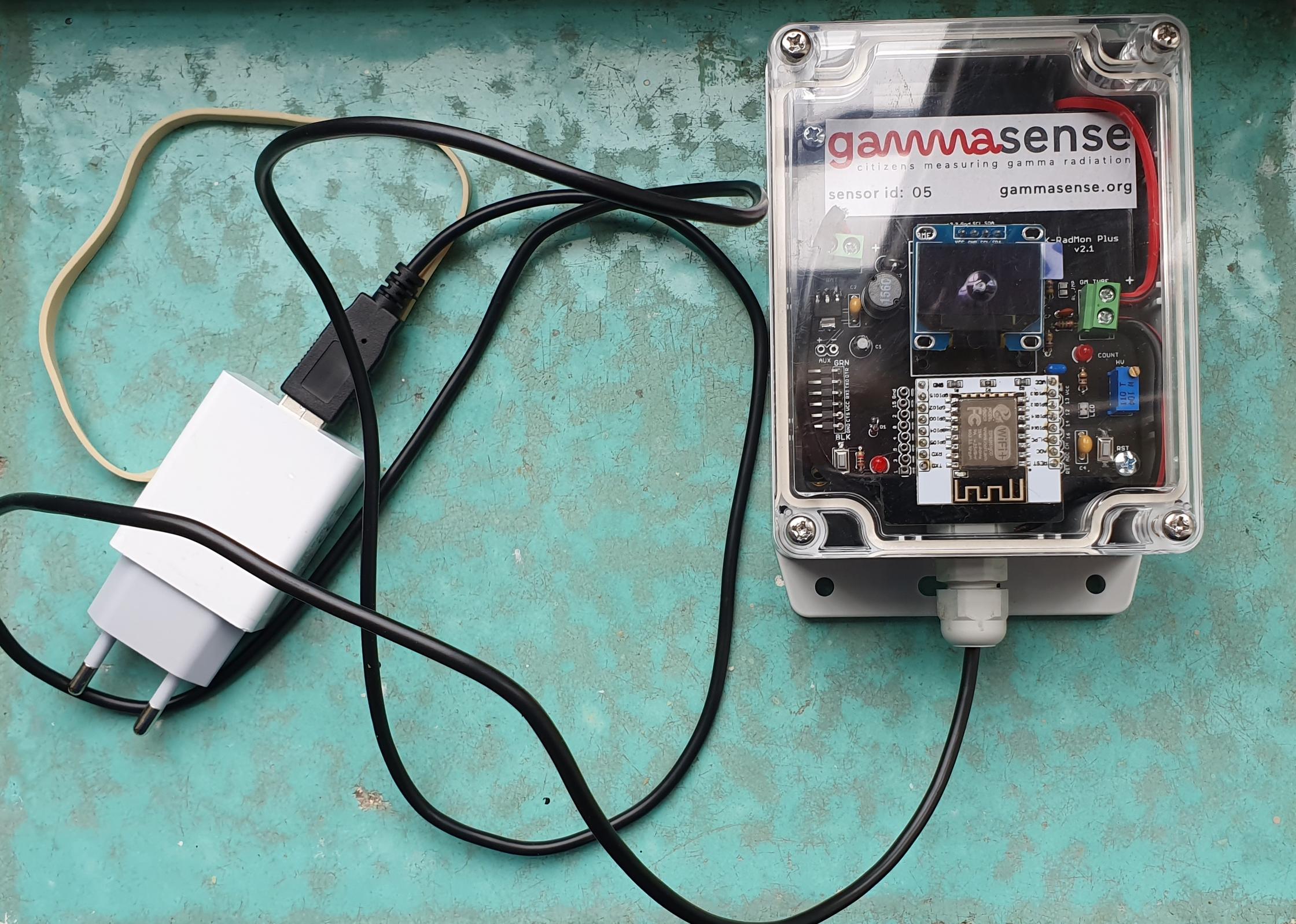The air quality in the Netherlands does not satisfy the European standards, according to a recent report from environmental organisation Milieudefensie. There is more nitrogen dioxide than the maximum permitted annual average in at least eleven places.
A total of 58 urban environments have been studied by Milieudefensie. The eleven areas exceeding the norm are in Amsterdam, Rotterdam, The Hague and Maastricht, all of which on or near a busy road.
Bottom-up citizen science for a cleaner city
This data indicates that many city dwellers breathe dirty air every day. But what can you do to improve the situation? Aside from investing in cleaner cars and choosing bicycles or trains more often?
“It all starts with knowing more about your own city,” says Gijs Boerwinkel, Waag's community manager. “Collecting data yourself has gotten a lot easier. We recently launched a new pilot within our Amsterdam Smart Citizen Lab. Under the name UrbanAirQ, residents of the Valkenburgerstraat and Weesperstraat in Amsterdam work alongside scientists, hackers, and programmers. Through building simple sensors, residents can gather information about their neighborhood themselves. Then, the neighborhood as a whole can look for smart, practical solutions to combat air pollution.”
The Valkenburgerstraat in Amsterdam was labelled in the report as one of the “dirtiest” blocks in the country. Just one more reason to join us in the Amsterdam Smart Citizen Lab.
Time for action
Ready to take matters into your own hands? In addition to the Urban AirQ pilot, we're organising a lot of activities within our Amsterdam Smart Citizen Lab in the near future. Join our community meet-up, workshops, visit one of our talks in collaboration with Pakhuis de Zwijger, or subscribe to our newsletter to stay informed.
Our workshops and talks are suitable for everyone. All levels are welcome.
Background
The Amsterdam Smart Citizen Lab provides opportunities for citizens, scientists, and designers to examine the potential of low-cost, open-source instruments. What can we measure, how do we do it best, and (perhaps most importantly) how do we use that knowledge to make Amsterdam a better, healthier place? The Amsterdam Smart Citizen Lab offers pioneers and enthusiasts space to experiment for the first time.


